|
|
|
Editor's note
|
|
Franklin D Roosevelt famously said: “We have nothing to fear but fear itself”, while Vitalstatistix, the village chief in Asterix the Gaul, believed that the main threat was that “the sky may fall on his head tomorrow”. A close reading of great thinkers over the centuries suggests that Vitalstatistix may have been closer to the mark. Although, to be precise, it’s not so much the sky falling on our heads, but what might come out of the sky to wreak destruction upon the human race that has so exercised philosophers over the ages.
Of course, it’s understandable that extinction has long been a preoccupation for humanity. From volcanic eruptions blotting out the sun, to the prospect of other more advanced civilisations coming down to gobble us up, great minds from Epicurus to Copernicus to Halley and Leibniz, have all expressed fears that humanity is doomed. The fact that many of these people saw humanity as God’s finest creation is beside the point, all that notion did was to make people worried that if He made us, he must have made others like us – and had they developed more sophisticated weapons systems?
We still worry about the end of the world, but now it’s not others we fear, but our own destructive tendencies and what we are doing to our planet that is foremost in people’s thinking. And, worryingly, there’s a far greater scientific basis for that.
Cheery thought, isn’t it? So here’s another thing. If you think you are doing your thing for the planet by drinking from a reusable coffee cup, the science suggests they are no better than the old-style single-use cups.
This week we’ve also been reading about the history of smell, Boris Johnson’s boosterism and why it’s wrong to call almond milk juice. From our global network, a lovely read about the traditional Australian milk bar making a come back and, from our colleagues in Africa, the discovery of a new dinosaur.
|
Jonathan Este
Associate Editor, Arts + Culture Editor
|

|
|
|
|
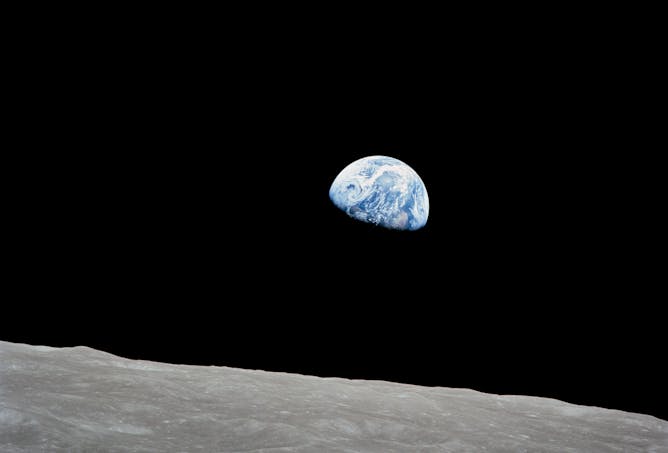
NASA
Thomas Moynihan, University of Oxford
Realising the silence of outer space was what made us appreciate our precarious position down on this pale blue dot – so beginning our obsession with extinction.
|
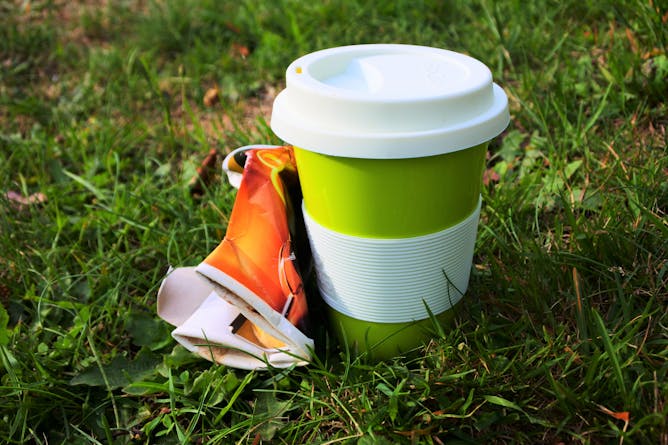
yenphoto24 / shutterstock
Caroline Wood, University of Sheffield
Disposable coffee cups demonstrate that recycling could be successful – with a bit of joined-up thinking.
|
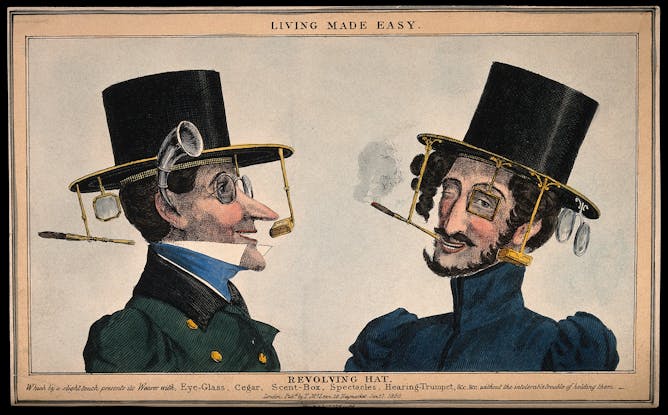
‘Living Mady Easy: Revolving hat’, a satirical print with a hat supporting a spy glass, an ear trumpet, a ciggar, a pair of glasses, and a scent box, 1830, London.
Wellcome Images CCBY
William Tullett, Anglia Ruskin University
The history of smell in 18th-century England reveals the complex story of scent and personal space.
|
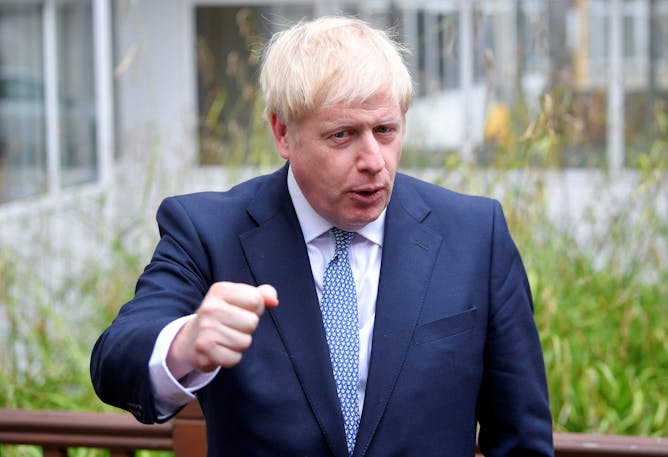
At least he hasn’t called it ‘Johnsonism’.
Toby Melville/PA Wire/PA Images
Richard Murphy, City, University of London
Seemingly a mix of hype, economic stimulus and tax cuts, boosterism appears to be an economic credo with shaky foundations.
|
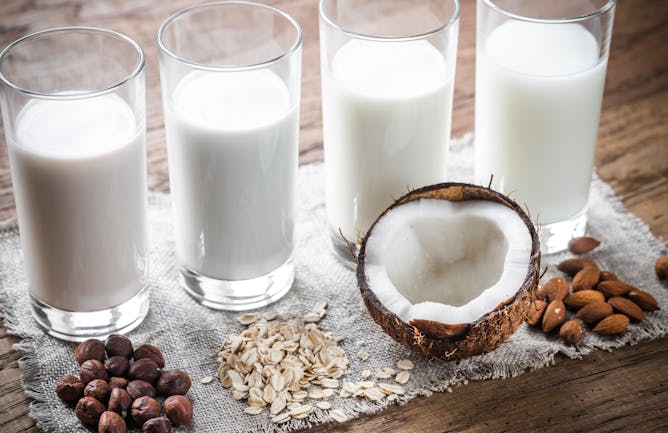
A rural advocacy group in New Zealand wants milks made from plants, such as almond or rice milk, called juices.
from www.shutterstock.com
Dan Weijers, University of Waikato; Nick Munn, University of Waikato
New Zealand's dairy industry is arguing consumers are being misled if the term "milk" is used for plant-based products such as almond or coconut milk, but consumers are savvier than that.
|
|
|
-
Rob Wilson, Sheffield Hallam University; Dan Plumley, Sheffield Hallam University
Clubs are more wary about buying and selling.
-
Anna Krzywoszynska, University of Sheffield
The 'tractors and chemicals' recipe for farming has let human populations boom, but left us with degraded soils.
-
Louise Grimmer, University of Tasmania; Gary Mortimer, Queensland University of Technology
As neighbourhoods lost their milk bars, they also lost a daily point of connection for locals. But all is not lost. In some areas, the humble corner store is making a comeback.
-
Trevor H. Worthy, Flinders University
The newly discovered Heracles inexpectatus stood nearly a metre tall. And its fossil bones sat undiscovered on a museum shelf for more than a decade before its hefty status was finally appreciated.
-
Kimberley E.J. Chapelle, University of the Witwatersrand
The more we know about the animals that lived during this time, the more we can start to comprehend how species react and recover after an extinction event.
|
|
| |
Featured events
|

|
Rewley House, 1 Wellington Square, Oxford, Oxfordshire, OX1 2JA, United Kingdom of Great Britain and Northern Ireland — University of Oxford
|

|
Institute of Mental Health, University of Nottingham Innovation Park, , Nottingham, Nottingham, NG7 2TU, United Kingdom of Great Britain and Northern Ireland — University of Nottingham
|

|
34 Broad Street, Oxford, Oxfordshire, OX1 3BD, United Kingdom of Great Britain and Northern Ireland — University of Oxford
|
|
|
|
| |
| |
| |
| |
| |
|
|
|
|
|
|
|